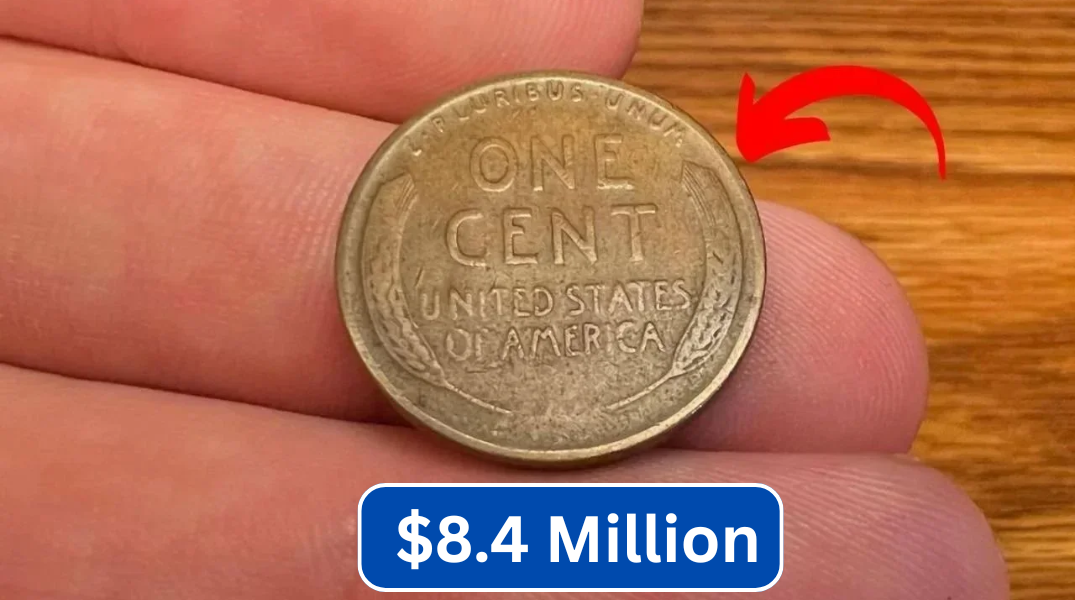For decades, age 65 has been the golden number for retirement. It symbolized a time to slow down, collect Social Security, and enjoy the fruits of decades of work. But in 2025, that assumption could cost you—literally. Due to changes in Social Security regulations, claiming your benefits at 65 could lead to permanently reduced monthly payments.
Understanding the New Retirement Landscape
In today’s retirement environment, timing is everything. The age at which you claim Social Security has a direct impact on how much you’ll receive each month. If you’re considering filing for Social Security in 2025 at age 65, here’s what you need to know before making that crucial decision.
Full Retirement Age (FRA) Has Shifted
In 2025, your Full Retirement Age (FRA) depends on your year of birth:
| Birth Year | Full Retirement Age (FRA) | Reduction if Filing at 65 |
|---|---|---|
| 1959 | 66 years, 10 months | About 13.33% less |
| 1960 or later | 67 years | About 13.87% less |
Claiming at 65 is no longer considered “full” retirement. Instead, it’s early retirement, which comes with a penalty in the form of lower monthly benefits—permanently.
How Much Could You Be Missing Out On?
Social Security rewards those who delay claiming. In July 2025:
-
The maximum monthly benefit is $5,108, but that’s only for:
-
High earners who maxed out their taxable earnings for at least 35 years,
-
Delayed claiming benefits until age 70.
-
On the other hand, the average 65-year-old receives far less:
| Recipient | Average Monthly Benefit (Dec. 2024) |
|---|---|
| All (age 65) | $1,911.00 |
| Men | $1,784.78 |
| Women | $1,452.55 |
These gaps often reflect differences in lifetime income, job patterns, and time spent out of the workforce, especially among women.
Also Read – 4th of July 2025 Stimulus Payments: Complete July Payment Schedule
When Will You Get Paid in July 2025?
Social Security benefits are paid based on your birth date—not your retirement age—if you started receiving benefits after April 30, 1997.
| Birth Date Range | Payment Date (July 2025) |
|---|---|
| 1st – 10th | Wednesday, July 9 |
| 11th – 20th | Wednesday, July 16 |
| 21st – 31st | Wednesday, July 23 |
💡 Quick Tip: Paper checks are nearly obsolete. If you haven’t signed up for direct deposit, you may experience delays. And if your payment is missing, wait at least three business days before contacting the SSA.
Why Filing at 65 Might Not Be Smart for Everyone
Yes, filing at 65 provides a quicker path to income—but at a cost. Your benefit is locked in forever at the reduced rate. If you’re in good health and have other income sources, waiting until Full Retirement Age (or even 70) could pay off significantly.
🔸 Waiting Past FRA Increases Benefits
Every year you delay after reaching FRA, your benefit grows by about 8% per year, up to age 70. That’s a powerful tool for increasing your lifetime income, especially if you expect to live into your 80s or beyond.
Interesting Insight: The 70-Year-Old Jackpot
Delaying until age 70 might not be easy, but for those who can afford it, it’s a financial game-changer. A person who qualifies for the maximum benefit and waits until 70 could receive more than $60,000 per year in benefits. Compare that to retiring at 65 and receiving $1,911 per month—that’s over $40,000 less per year.
FAQs: Social Security at 65 in 2025
Q1: Is 65 still a good age to retire?
It depends on your health, income needs, and life expectancy. If you need the money now, 65 may work. But if you can wait, your monthly benefit could be significantly higher.
Q2: How do I know my Full Retirement Age?
Your FRA is based on your birth year. In 2025:
-
Born in 1959 = FRA is 66 years and 10 months
-
Born in 1960 or later = FRA is 67
Q3: Will working longer increase my benefit?
Yes. Social Security is calculated based on your 35 highest-earning years. Working longer can help replace lower-earning years or zeros, increasing your monthly check.
Also Read – July 2025 Minimum Wage Increase: Full List Released by U.S. Government
Q4: Is there a penalty for earning income while claiming at 65?
If you claim before FRA and continue to work, your benefits may be temporarily reduced if your income exceeds the earnings limit ($22,320 in 2024, slightly higher in 2025).
Q5: What if I regret claiming early?
You can withdraw your application within 12 months of filing—but only once in your lifetime. You’ll need to repay all the benefits you’ve received.
Final Thoughts
While age 65 may still be the societal benchmark for retirement, the Social Security Administration doesn’t see it that way anymore. Filing at 65 in 2025 means accepting smaller checks for the rest of your life. Before you make a decision, weigh your health, financial needs, and long-term goals. Understanding your options today can prevent regrets tomorrow.










